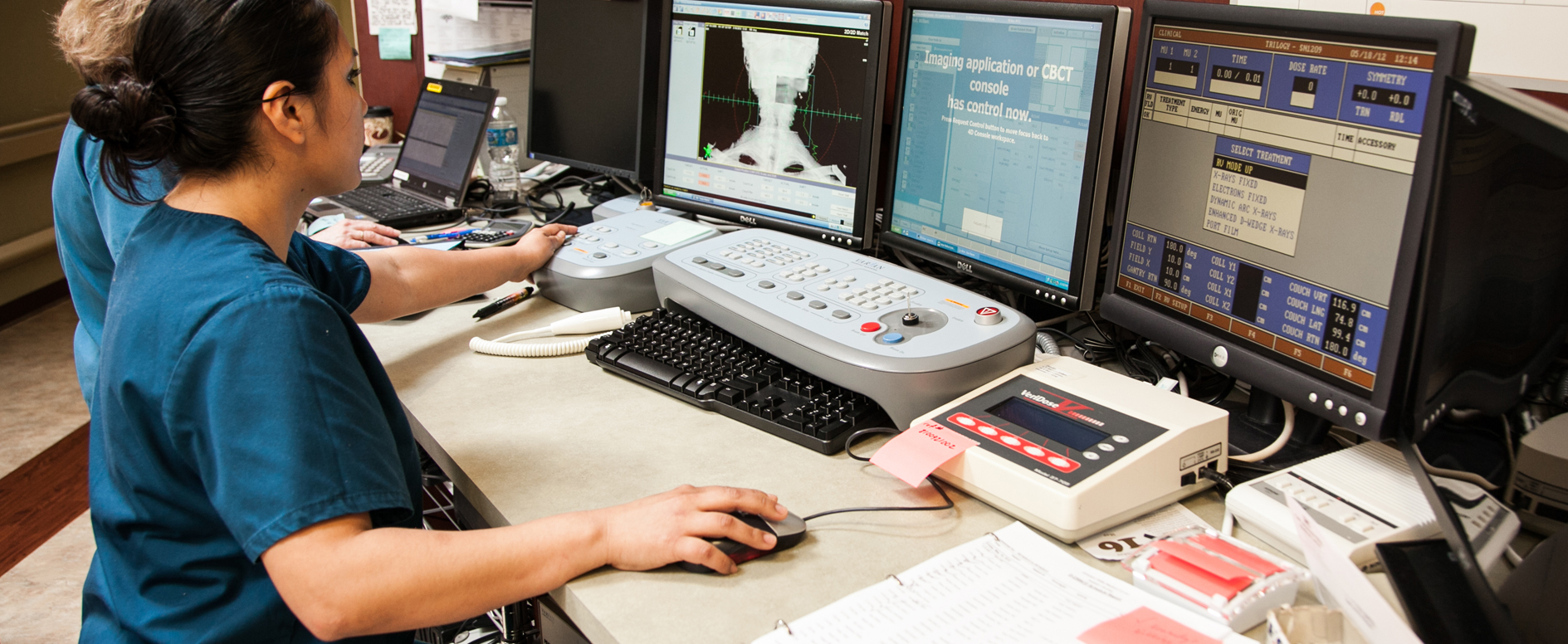
Palliative care (also known as supportive care) strives to improve the quality of life of people with serious illnesses, including cancer. Palliative care is available to people with cancer of any age or with any stage of cancer.
The goal of palliative care is to relieve distressing symptoms, such as pain, shortness of breath, loss of appetite, problems with sleep, fatigue and many more. These distressing symptoms can be caused from the cancer itself or from medical treatments. By relieving these symptoms, it is hoped that your strength and vitality will be improved enough to carry on with daily activities and tolerate other medical treatments.
What is the goal of palliative care?
Palliative care focuses on symptom management. The goals of care include managing pain and other troubling symptoms, while supporting a person spiritually and psychosocially. The needs, values, beliefs and cultures of a person and their family are all considered when discussing palliative care goals.
If I am to receive palliative care, does that mean I am dying?
Receiving palliative care does not necessarily mean you are dying. The purpose of palliative care is to help relieve symptoms related to your disease or treatment including pain, nausea, or breathing difficulties. You may continue to receive treatments intended to cure your cancer, while you are receiving palliative care.
How does palliative care differ from hospice care?
If you are receiving palliative care, you can continue receiving treatment intended to cure your cancer. People on hospice receive palliative care, but hospice focuses on patient’s final months of life when they are not receiving treatments intended to treat their disease. Some hospices allow patients to receive palliative treatment directed at their cancer, such as palliative radiation for painful tumors.
Who provides palliative care?
A team of physicians, nurses, therapists, dieticians, nutritionists, counselors and social workers provides palliative care. As part of your palliative care team, your radiation oncologist will evaluate whether radiotherapy can help relieve your pain, shortness of breath, bleeding or other symptoms. Additionally, a palliative medicine physician with advanced medical training may also help you when your symptoms require more medical attention.
Who benefits from palliative care?
All patients diagnosed with cancer benefit from palliative care. Even if you do not currently have symptoms, you may benefit from additional support and other services for you and your caregivers.
What side effects can I expect from palliative radiation?
Side effects will vary depending on the site of radiation treatment. Ask your radiation oncologist to discuss the specific side effects from your radiation treatment.
How does radiation relieve my cancer related pain in my bones?
Cancer may spread to your bone or push on nerves causing moderate to severe pain. Cancer pain can be constantly present resulting in reduced quality of life and limits on your activities. Radiotherapy is a well-tolerated and non-invasive treatment to reduce the size of the tumor and relieve pain. Radiation can shrink your tumor, which can improve your pain and reduce the amount of pain medication you need. As your need for pain medication decreases, you will have less side effects from the pain medication such as constipation, nausea, and fatigue. Less commonly, radiation can be used to prevent future symptoms, such as fractures in the spine. Ultimately, the goal of palliative radiation therapy is to improve your functional activity and quality of life.
How many daily radiation treatments do I need to reduce my pain?
Patients often receive one to ten treatments for palliation of their disease. Your radiation oncologist takes into consideration many factors including the type of cancer, the location of your tumor, and your physical ability to come for daily treatments.
Where can I find more resources on palliative radiotherapy?
RTAnswers.org
www.rtanswers.org/brainmets
www.rtanswers.org/bonemets
American Academy of Hospice and Palliative Medicine
www.palliativedoctors.org
Center to Advance Palliative Care
www.getpalliativecare.org






